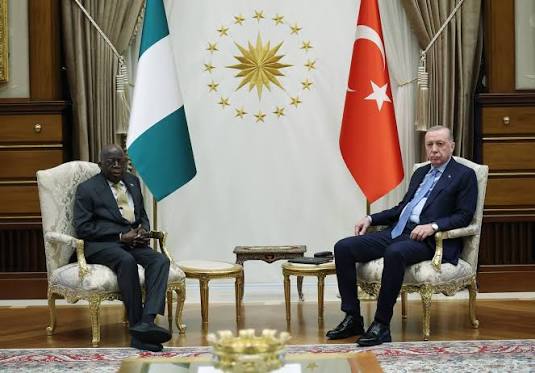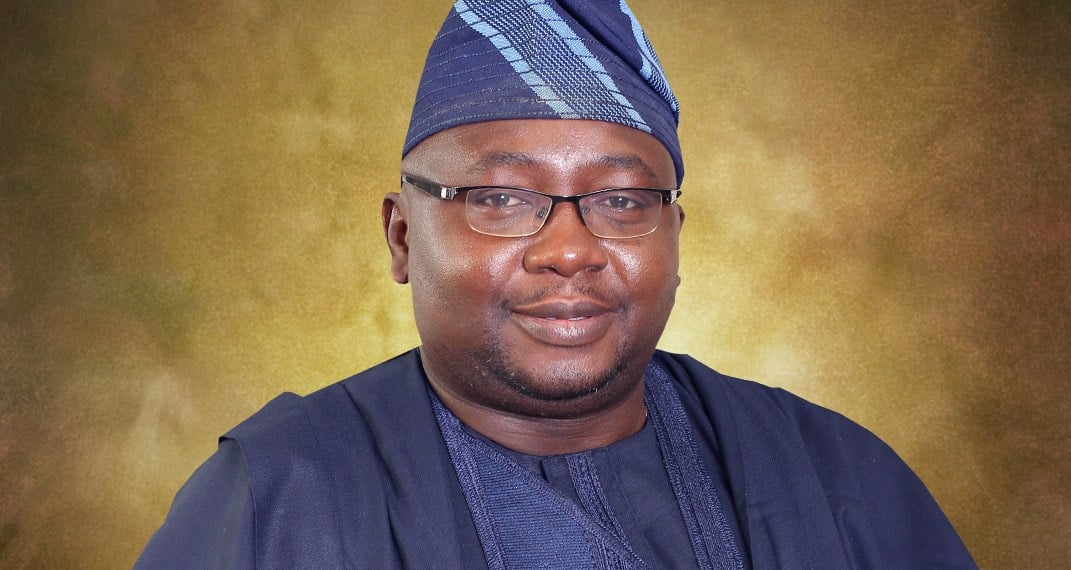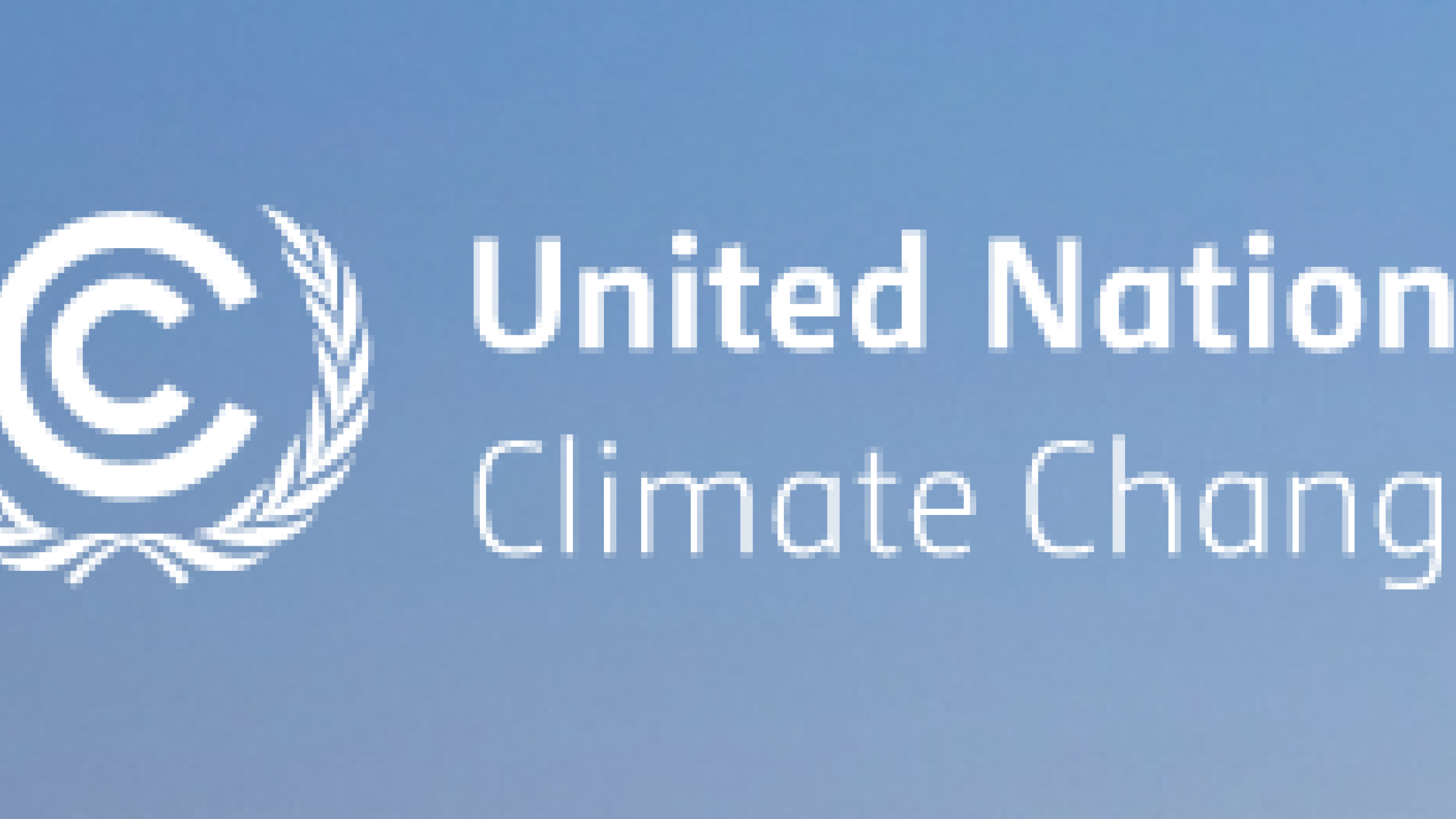The Executive Secretary of the United Nations Framework Convention on Climate Change, Simon Stiell, is visiting Nigeria from March 4 to 7, 2025, to discuss the economic opportunities of a robust climate plan with government officials, business leaders, civil society, and other key stakeholders.
According to a statement on Monday by the Director of the UN Information Centre, Ronald Kayanja, Stiell will visit Abuja from March 4 to 5 to engage with Nigerian government officials and civil society on climate action and economic opportunities.
The statement further disclosed that after meeting key government officials in Abuja, the Executive Secretary will attend a symposium titled “Intersecting Worlds of Climate Change, Mangrove, and Art” on March 6.
The event, organized by Nigeria’s National Council on Climate Change Secretariat, will take place at the Lekki Conservation Centre, Km 19 Lekki-Epe Expressway, Lagos.
The Executive Secretary will deliver a speech on the opportunities presented by Nigeria’s new climate plan, also known as its Nationally Determined Contribution.
The speech, open to media between 9:00 AM and 2:00 PM, will highlight how bold climate action can drive economic growth, lift people out of poverty, and ensure energy access for all.
Stiell will highlight that key sectors of Nigeria’s economy are poised for growth and that bold climate plans are crucial to unlocking their full potential, delivering significant benefits to households, businesses, and the government.
He will highlight how protecting the environment enhances Nigeria’s resilience to extreme weather, helping to save lives and livelihoods.
By preserving mangrove forests to prevent coastal flooding and expanding the Great Green Wall in the Sahel to restore degraded land, Nigeria is charting a clear path to adapting to climate change and safeguarding its people, crops, and infrastructure.
Additionally, the Executive Secretary will join a panel discussion with business leaders at the symposium on March 6 and meet with civil society representatives on March 7.
With 198 parties, the United Nations Framework Convention on Climate Change has near-universal membership and serves as the parent treaty to the 2015 Paris Climate Agreement.









